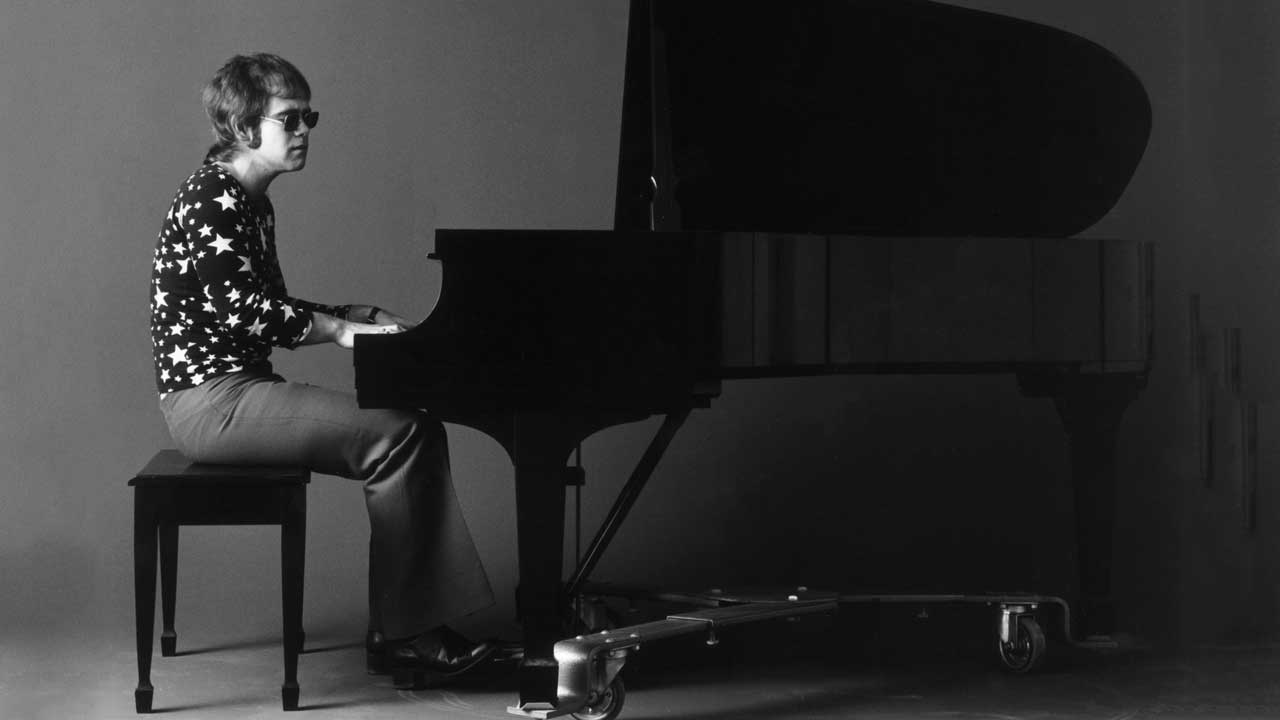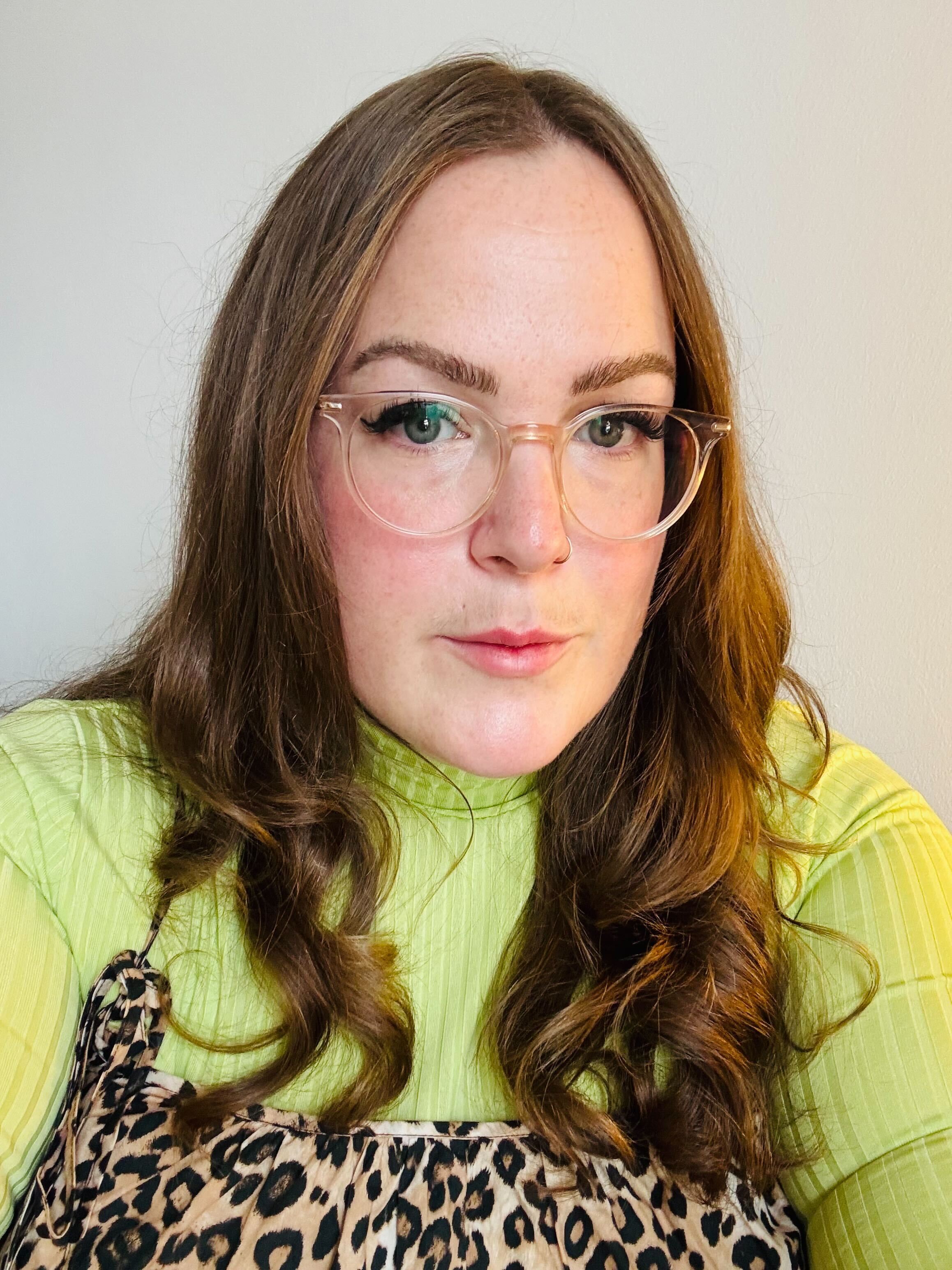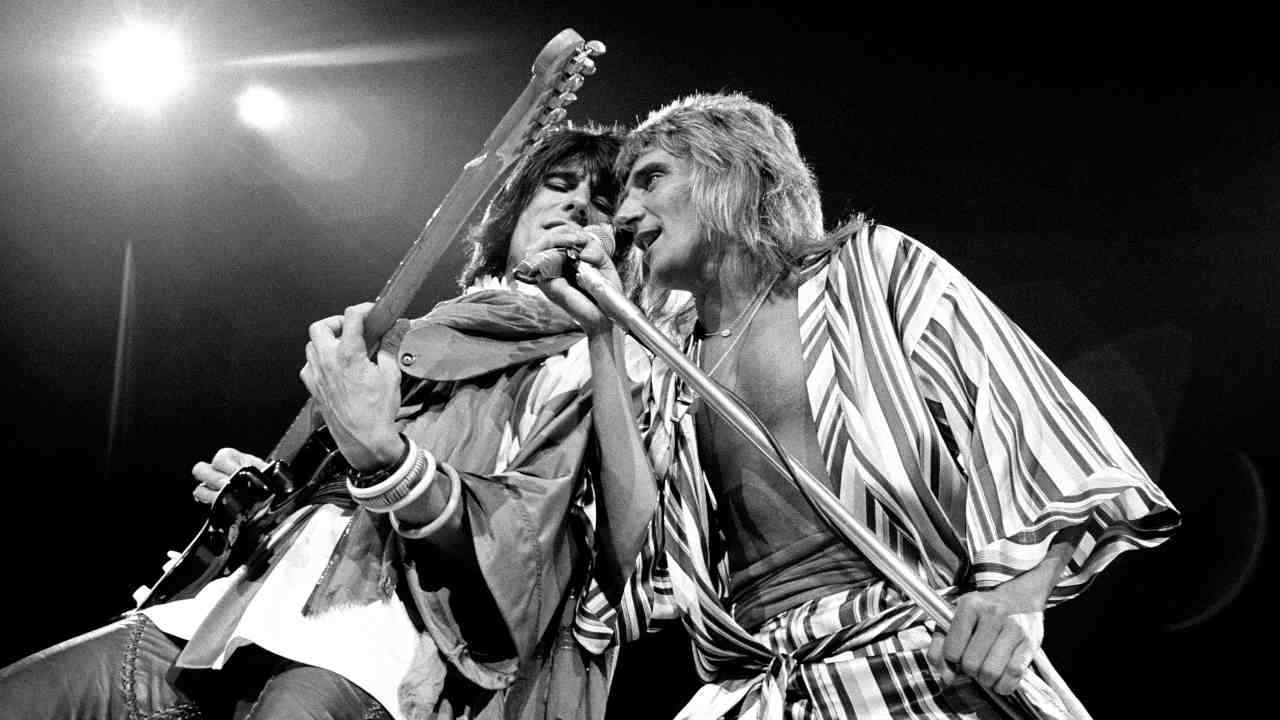How lyrics scribbled on tea-stained paper gave Elton John everything he needed
Elton John and Bernie Taupin's Your Song was written over breakfast and took a year to become a hit, but it gave Elton's career the push it needed to go stratospheric

There’s a scene in the Elton John movie, Rocketman, where the songwriting partnership between the ivory-tinkling megastar and his lyricist Bernie Taupin is laid out in all its easy glory.
Taupin sits at Elton’s mother’s breakfast table, blithely scribbling lyrics onto a sheet of paper. He hands it over to Elton (“It’s got tea on it,” John responds incredulously) and heads upstairs to take a shower. No sooner has Taupin contemplated a shave in the bathroom mirror, than Elton has bashed out a melody and finished the song. The song, of course, is John’s eventual smash hit Your Song.
The movie scene relies on a pinch of poetic license – it's being billed as a “musical fantasy” rather than biopic, after all – but the reality of how Your Song came to life isn’t far behind.
“The original lyric was written very rapidly on the kitchen table of Elton’s mother’s [house] in Northwood Hills in the suburbs of London, if I recall, on a particularly grubby piece of exercise paper,” Taupin told The Independent in 2018.
“I remember writing it as I was having breakfast – the original lyric had tea stains on it,” he told Paul Zollo in Songwriters On Songwriting. “Elton wrote it the same day. We went into the room where the piano was and just hammered it out.”
“I remember writing it at my parents' apartment in North London and Bernie giving me the lyrics,” John told Rolling Stone in 2013. “[I sat] down at the piano and looked at it, going, ‘Oh, my God, this is such a great lyric, I can't fuck this one up’. It came out in about 20 minutes, and when I was done, I called him in and we both knew.”
Written in the very early days of the pair’s partnership, the song marked the first time John and Taupin really realised the power they had as a duo. “Your Song was one of the first songs we wrote when we really got locked into writing and when we had really honed our craft after writing all the sort of early bits and pieces that never surfaced,” Taupin told Zollo.
Sign up below to get the latest from Classic Rock, plus exclusive special offers, direct to your inbox!
If the lyrics sound naive, it's because they were: Taupin was only 17 when he wrote them, and had never experienced romantic love – not really. So he put down his idea of what it might be like on to paper. "It's got to be one of the most naïve and childish lyrics in the entire repertoire of music," he told Music Connection in 1989. "But I think the reason it still stands up is because it was real at the time. That was exactly what I was feeling. I was 17 years old and it was coming from someone whose outlook on love or experience with love was totally new and naïve."
The subject who inspired the song was never revealed – even Elton himself claims not to know.
“I remember writing it as I was having breakfast – the original lyric had tea stains on it”
Bernie Taupin
Released in 1970 as one of the tracks on John’s self-titled debut, it wasn’t until a year later that the song took on a life of its own. John had been making headlines in the US thanks to a run of incendiary performances at legendary LA venue The Troubadour. Pulling in sold-out crowds night after night, John and Taupin’s weekend in the city slowly morphed into a residency, which gradually became a tour.
Elton John’s songs – particularly the album’s opening trio of Your Song, Border Song and Take Me To The Pilot – became ubiquitous on US rock radio, and his US audiences only grew. But in the UK, audiences were frustratingly slow to catch on. Determined to make his mark in his home country, John’s quest for a hit in the UK charts began, and Your Song was finally released as a single in January 1971.
Your Song’s UK chart success can actually be traced back to an ultimatum made by Radio One breakfast show DJ Tony Blackburn, who promised to make the track record of the week, just so long as it was released on single. The rest, as they say, is history. While the track didn’t make number one (it charted at number seven in the UK; number 8 in the US) it did awaken UK audiences to the 70s’ biggest new rockstar.
It also made a fan of ex-Beatle John Lennon, who became close to Elton following the song’s release. “There was something about his vocals that was an improvement on all English vocals until then,” Lennon said. Inspired by the simple arrangement of purely piano and vocals, Lennon’s own hit, Imagine, followed later the same year.
The song has stood the test of time, growing in popularity in the years since its release. Given a new lease of life after it was used as a focal point in Baz Luhrmann’s musical romance movie Moulin Rouge! in 2001, it also found its way to a John Lewis Christmas advert in 2018, reigniting interest (and sales) all over again.
As well as being voted the UK’s favourite Elton John song, it’s his most-performed song of them all, having been played over 2200 times over the course of John’s career. Possibly its most prestigious public outing was at the wedding of Prince Harry and Meghan Markle in 2018.
“The great thing about that song is that the naivete of it is truly honest,” Taupin told Zollo. “It’s real. It’s not somebody pretending to write a song that is simple and naive.
“It is a simple, naive song. And it still stands up.”
Briony is the Editor in Chief of Louder and is in charge of sorting out who and what you see covered on the site. She started working with Metal Hammer, Classic Rock and Prog magazines back in 2015 and has been writing about music and entertainment in many guises since 2009. Her favourite-ever interviewee is either Billy Corgan or Kim Deal. She is a big fan of cats, Husker Du and pizza.

